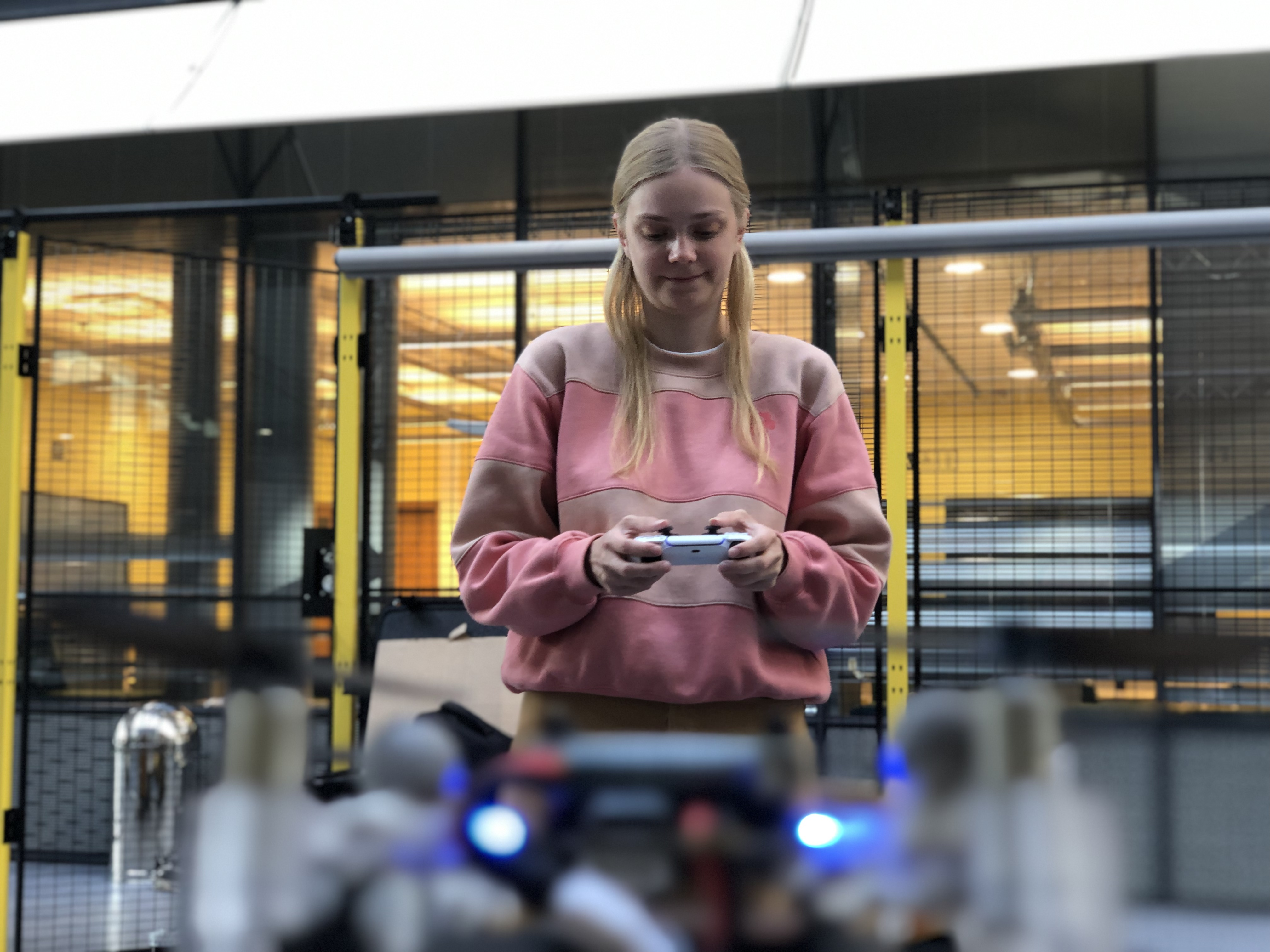Author: Kevin Sebastian Luck
Summer Internships at the Intelligent Robotics Group
Every year the Intelligent Robotics Lab hires summer interns for a multitude of projects, ranging from infrastructure projects to advanced research topics. Two summer interns who recently finished their summer stay in Helsinki in 2023 are Tiia Tikkala and Sergio Hernández, both supervised by Dr. Kevin Sebastian Luck.
